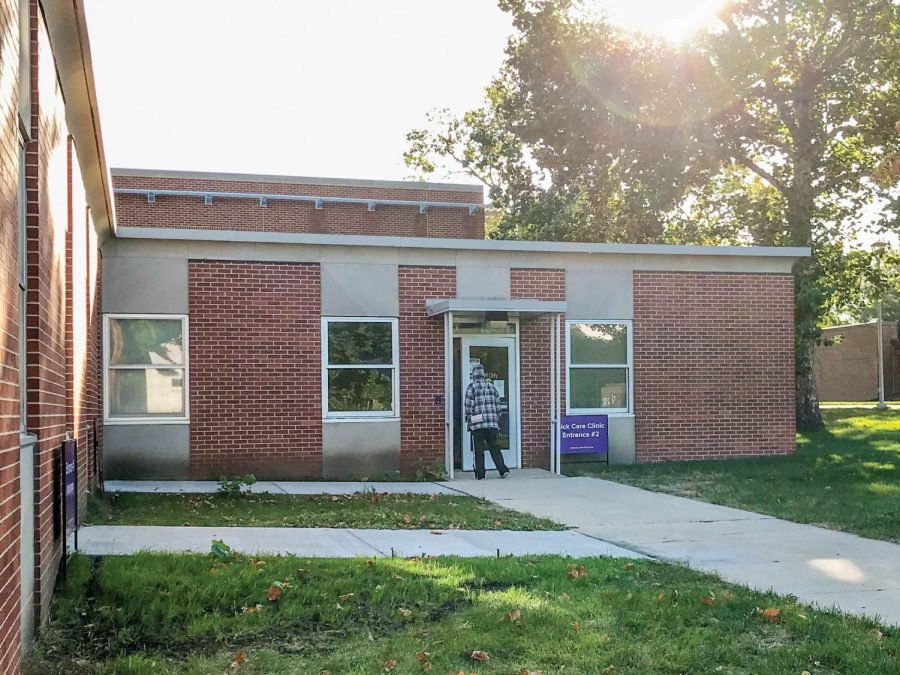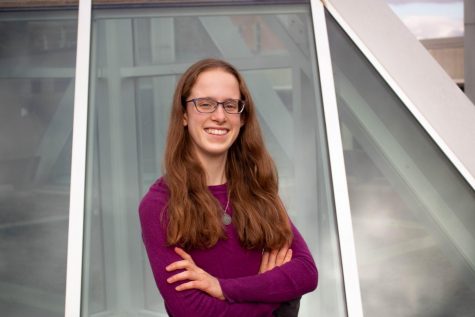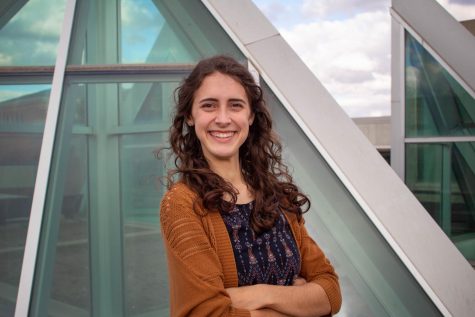Health Center implements test fee
Students and campus community members seeking a COVID-19 test at the UNI Student Health Center will soon face a fee of $80.
Oct 1, 2020
In a video released by the university on Sept. 24, Director of Student Health and Well-being Services Shelley O’Connell said that the health center’s COVID-19 testing, which is currently free, will shift to a cost of $80. She explained that the new fee, which will be billed to students’ health insurance, is being implemented due to a need to return a borrowed piece of testing equipment to the state.
“The testing is being done through the state hygenics lab, (and) they have been kind enough to loan us an analyzer and the re-agent for that, so there’s no cost associated with it,” she said. “There’s also no cost associated if a test goes to the state hygenics lab for processing. But soon, we will have to return that analyzer, and we will have to start billing for it. So there will be a charge of $80.”
In a phone interview with the Northern Iowan on Sept. 29, UNI student body president Elle Boeding said that the Student Health Center does not have specific dates at this time as to when the change will take effect.
“State health has literally just been telling us ‘sometime in September,’ but September ends in two days,” she said. “We haven’t gotten any communication from them, so it makes it kind of hard to tell our students and… make people aware so they can know what their resources are.”
Boeding, who serves as the Northern Iowa Student Government (NISG) representative on the UNI COVID-19 Response Team, said that the Student Health Center will be purchasing a new analyzer to replace the one they must return.
To her knowledge, she said, the university had always wanted to and planned to purchase their own analyzer, but was unable to get one right away, leading them to borrow the analyzer from the state. Since it was loaned, they were able to offer testing for free, but now that the Student Health Center must pay to purchase their own analyzer, they must start charging for tests to offset that cost.
Like the borrowed analyzer, the new one will be capable of rapid testing, returning results “just as fast if not faster,” according to Boeding. It will be able to process around 175 tests per day.
“It will really be beneficial, because then students who don’t test positive will know that much sooner, and students who do test positive know that much sooner, and may stop going to work and class even sooner,” she said.
Despite the potential benefits, Boeding acknowledged that she is “absolutely” concerned that the new fee will lead fewer students to seek COVID-19 testing.
“That’s been something I’ve been talking about a lot,” she said. “You hear $80 and you think, ‘that’s a lot of money, I don’t have $80,’ or ‘I don’t have insurance, how am I going to pay for that out of pocket?’”
Both she and O’Connell emphasized that UNI students have options if the cost of the test is prohibitive.
O’Connell said that “the university will work with” students whose insurance does not cover the cost or who do not have insurance.
Additionally, Boeding said that tests sent to the state hygenics lab for processing, rather than being processed at the Student Health Center, will continue to be free. However, results will then take 2-3 days to arrive, as opposed to the rapid tests at the Student Health Center.










